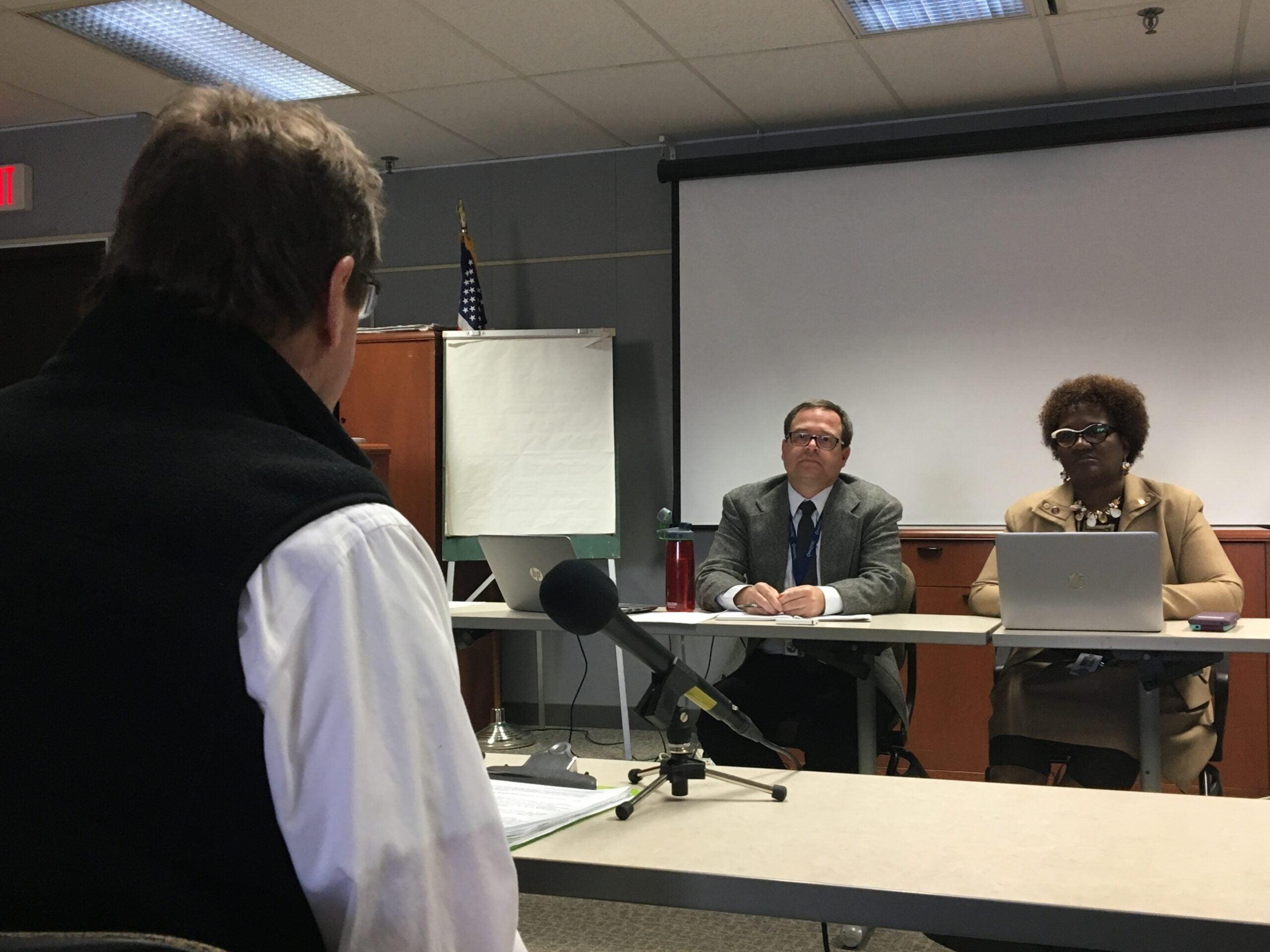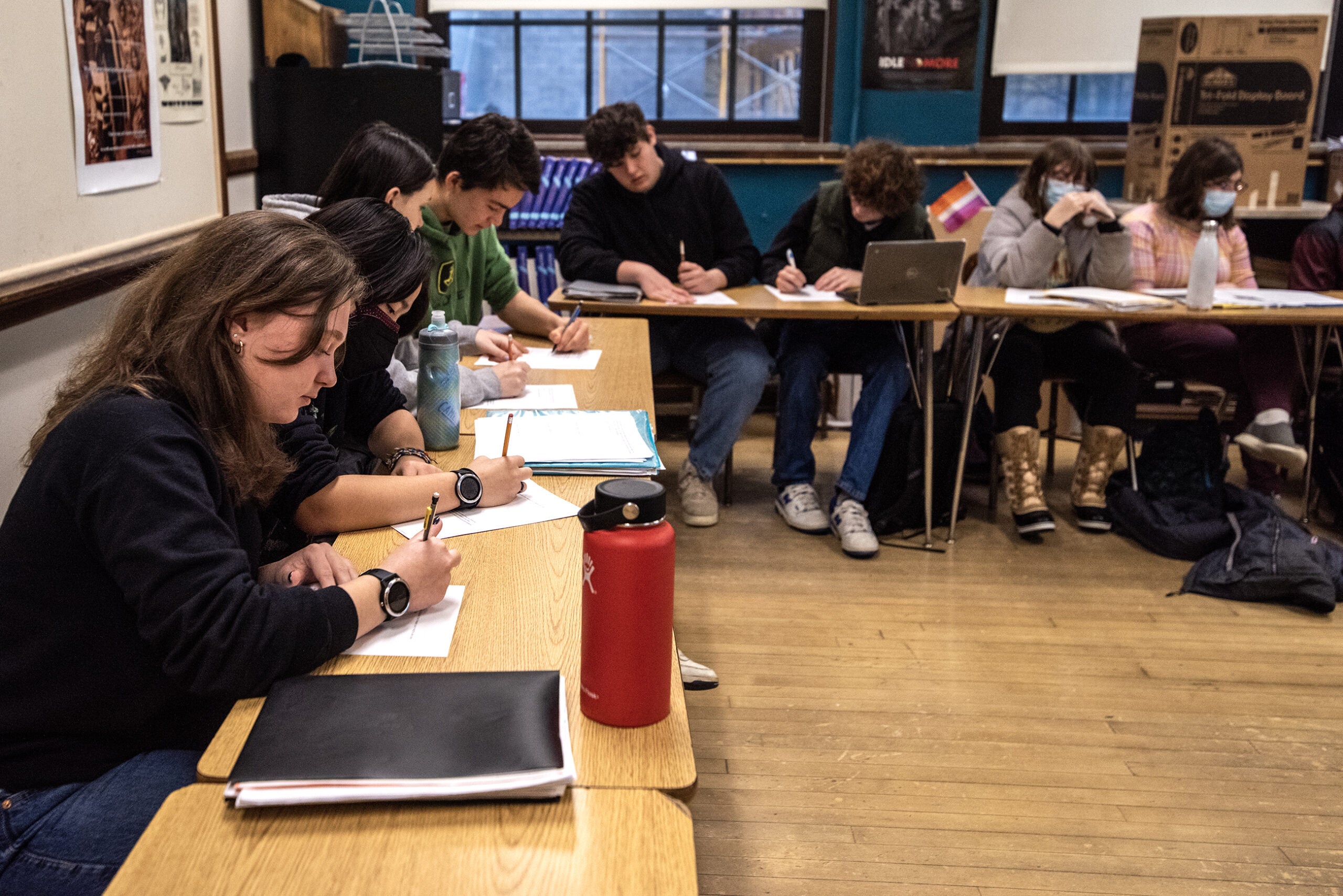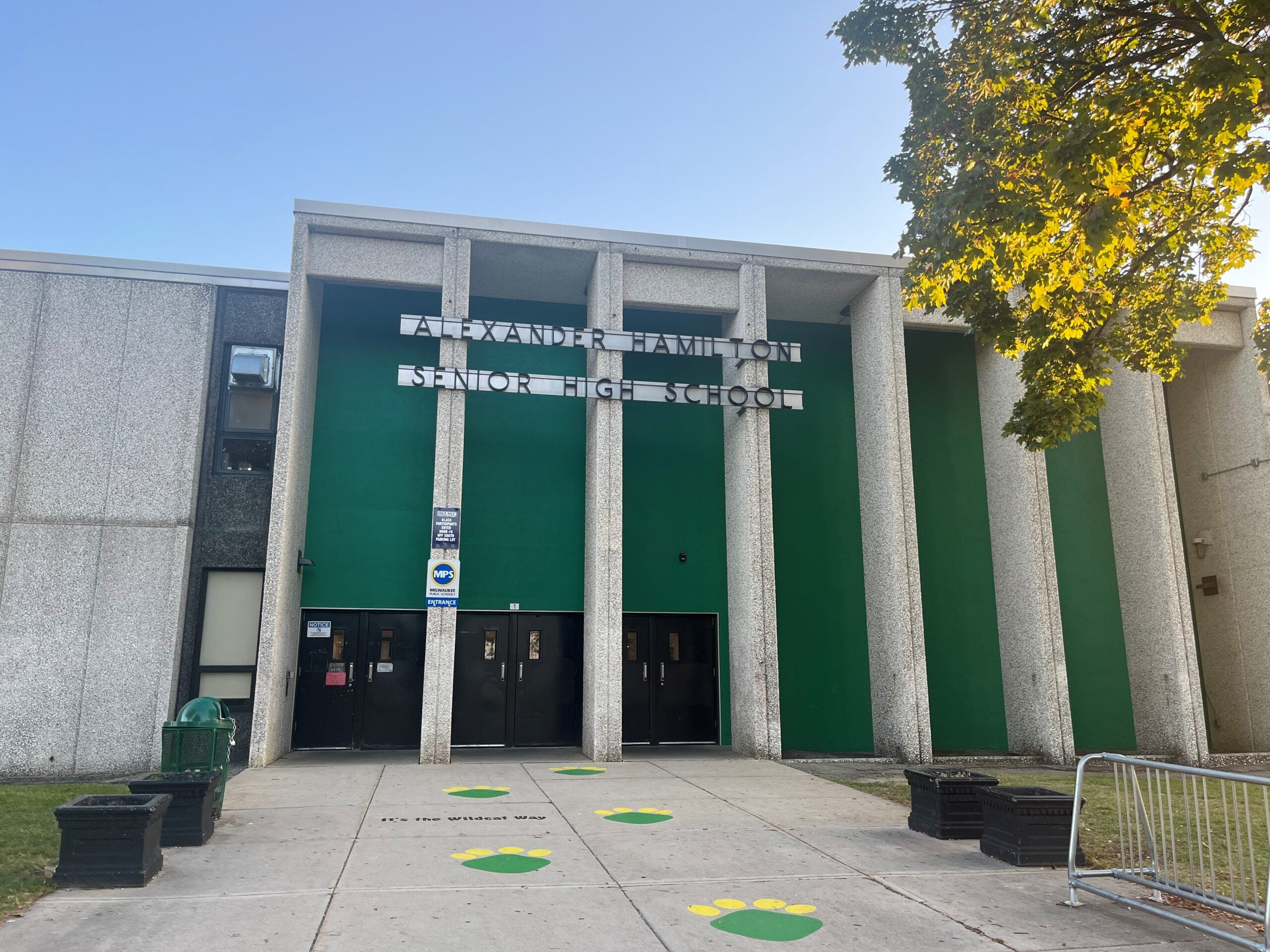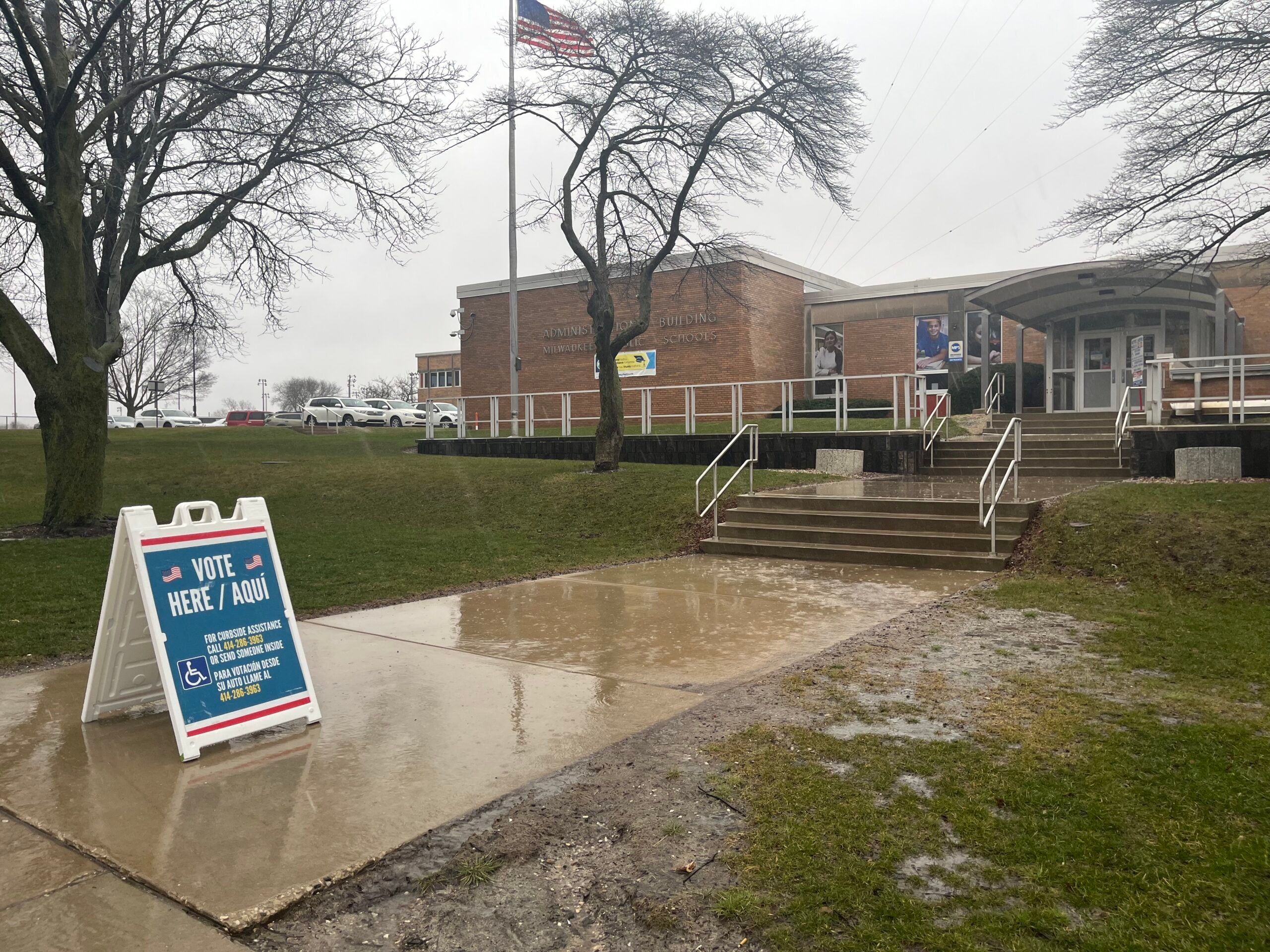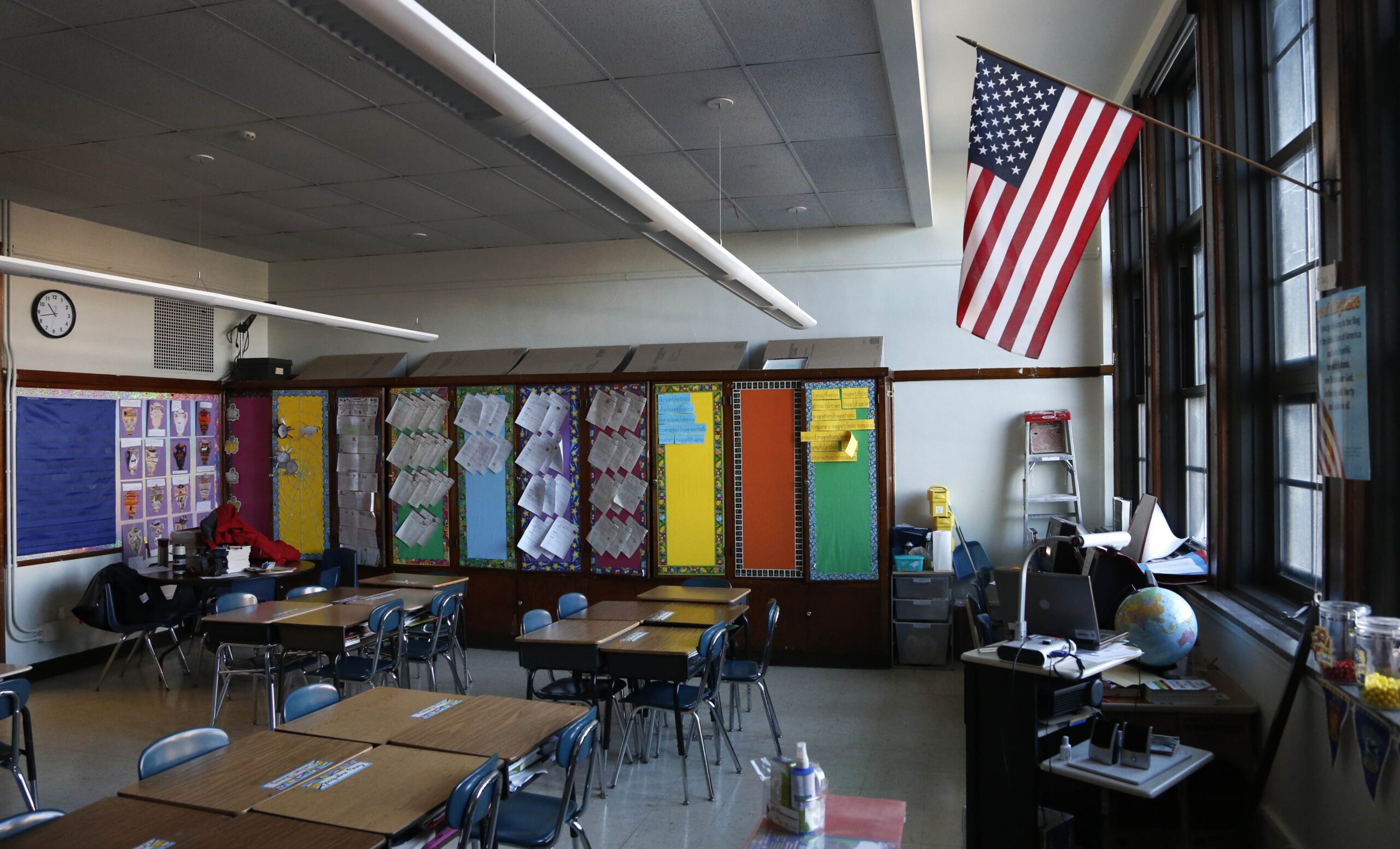The state Department of Public Instruction is considering rule changes to help deal with staffing concerns and give districts more flexibility. Some of the changes are proposals, while others are required changes from the most recent state budget.
The state budget included requirements for lifetime educator licenses and giving licenses to graduates of ABCTE, an alternative teacher preparation program. Teachers who get lifetime licenses will not be required to complete any professional development training. Instead, they’ll have to teaching continuously and submit a background check every five years.
DPI’s proposed changes also include consolidating subject area licenses. For example, DPI would issue one license for social studies that would allow educators to teach a variety of courses without specializing in say politics and government.
Stay informed on the latest news
Sign up for WPR’s email newsletter.
David DeGuire, director of teacher education, professional development, and licensing at DPI, said this proposed change came mostly from administrators, particularly those from rural areas.
“The idea is more that we move from producing specialists, who are really focused in their discipline, to producing generalists, who really know the basics of the discipline,” he said. “But then if a district wants them to specialize in a certain subject area, then a district can provide professional development for that.”
DPI is accepting public comment on these rule changes through January, both at public hearings throughout the state and through written comments.
The subject area consolidation proposal can still be changed, DeGuire said. Once DPI finalizes the rule changes, it gets sent to the Legislature.
Leyla Sanyer, a retired music educator, shared her concerns about license consolidation at a public hearing on Wednesday. She said she is not sure DPI considered the long-term consequences of encouraging general preparation and licensure.
“When you are asked to do more with less background or to do things that are totally and completely unrelated with less background in the beginning, it may seem exciting, but it will take a lot of work,” Sanyer said.
Sanyer and other music educators aired concerns that a general music education license rather than specializations would mean less trained teachers and degrade the state’s music program.
“I completely understand their point of view,” DeGuire said. “But as districts are facing a shortage of teachers that’s the fine line we’re trying to walk.”
There were about 30 people at the public hearing on Wednesday, and about a third of them spoke about their concerns.
Wisconsin Public Radio, © Copyright 2025, Board of Regents of the University of Wisconsin System and Wisconsin Educational Communications Board.
